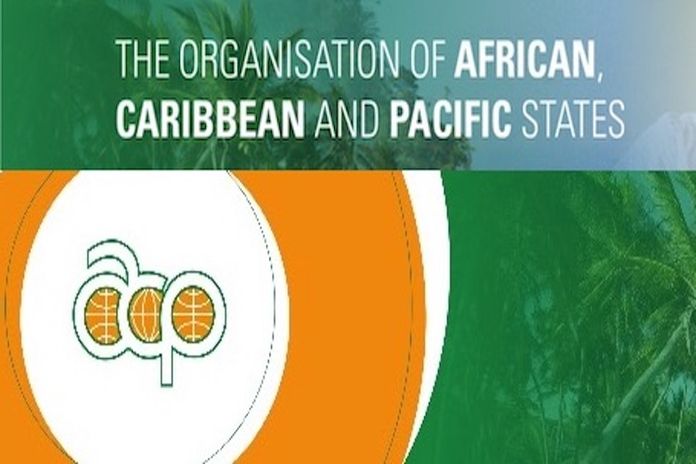BRUSSELS, Belgium – The following is a joint statement of the Organisation of African, Caribbean and Pacific States and the European Union for COP 28:
“The 27 Member States of the European Union and the 79 Members of the Organisation of African, Caribbean and Pacific States (OACPS) states reaffirm their commitment to implement the Paris Agreement. We call for increased ambition on adaptation, loss and damage, mitigation, and scaled-up finance, capacity building, and technology transfer. Furthermore, we call for accelerated climate action and a just transition that leaves no one behind.
Having regard to the EU-OACPS Partnership Agreement (Samoa Agreement), founded on a shared commitment to contribute to achieving the 2030 Agenda for Sustainable Development and the Paris Agreement on Climate Change, we the Organisation of African Caribbean and Pacific States (OACPS) and the European Union (EU).
Reaffirm our strong commitment to implement the Paris Agreement on Climate Change and its long-term goals and the 2030 Agenda for Sustainable Development fully and effectively.
Stress our strong will to achieve successful outcomes at COP 28 and emphasize the importance of concluding a first Global Stocktake with an ambitious and forward-looking outcome that provides concrete policy signals to Parties and non-party stakeholders that can drive action on the ground, enhances international cooperation, and mobilizes political will and leadership in line with best available science, equity and taking into account common but differentiated responsibilities and respective capabilities in light of different national circumstances, to inform immediate and future climate action, including the next round of NDCs, and clear pathways to achieve emissions reductions, enhance adaptive capacities and resilience for all, and necessary finance flows, keeping the 1.5° C goal within reach.
Underline that the shift towards a climate-neutral economy, in line with the 1.5ºC goal, will require the global phase out of unabated fossil fuels and a peak in their consumption already in this decade. In addition, call on global action towards the tripling of installed renewable energy capacity to 11 TW and doubling of the rate of energy efficiency improvements by 2030, and supports advocating for global energy targets as part of the COP 28 negotiated outcomes.
Highlight the need to enhance cooperation including through capacity building, technical and financial assistance from all sources, to address the challenges and secure the benefits, including in terms of energy access and security of a just transition.
Reaffirm the goals of developed countries to mobilize climate finance per year by 2020, and annually through 2025, to address the needs of the developing countries, in the context of meaningful mitigation action and transparency in implementation, and to at least double their collective provision of adaptation finance from 2019 levels by 2025, in the context of achieving scaled up financial resources. Recognise the need for increased global investments to meet our climate goals of the Paris Agreement, and to rapidly and substantially scale up investment and climate finance from billions to trillions of dollars globally from all sources, and, in this regard, it is essential to align all financial flows with these objectives.
Urge COP 28 to set a framework for the Global Goal on Adaptation that places the protection of people, ecosystems, and livelihoods at the heart of climate action, and fosters adaptive capacities and resilience building for all by strengthening national adaptation policy and planning processes.
Urge the prompt operationalisation of the Loss and Damage funding arrangements including a Fund by COP 28. Underline that the new funding arrangements including a Fund must focus on developing countries that are particularly vulnerable to the adverse effects of climate change, be based on a wide variety of sources of funding, and consider coordination, coherence, and complementarity with existing funding arrangements.
“Reaffirm the Sharm El-Sheikh Implementation Plan, including the transformation of the global financial architecture and multilateral development banks to unlock and scale-up grant and concessional finance to address inherent vulnerabilities of developing countries to exogenous shocks such as the ongoing climate emergency, burgeoning public debt and post COVID-19 pandemic recovery.”





